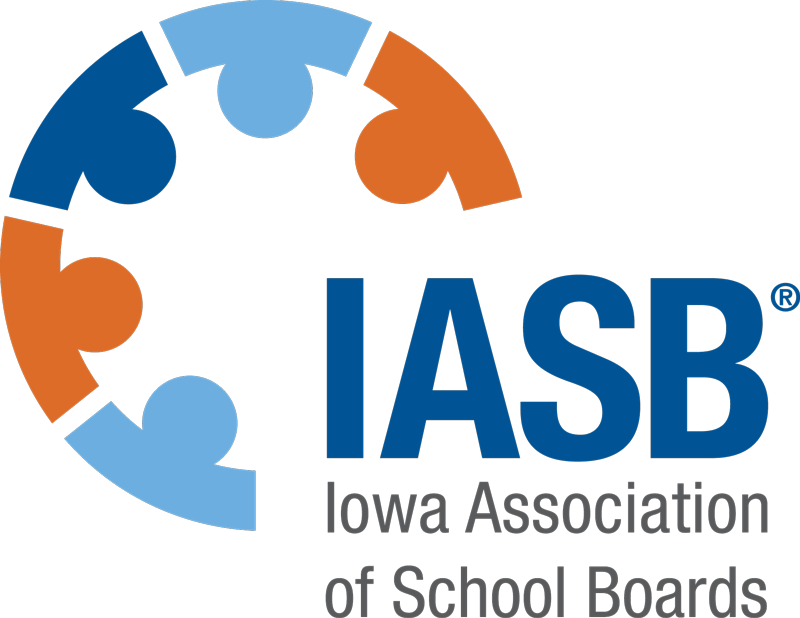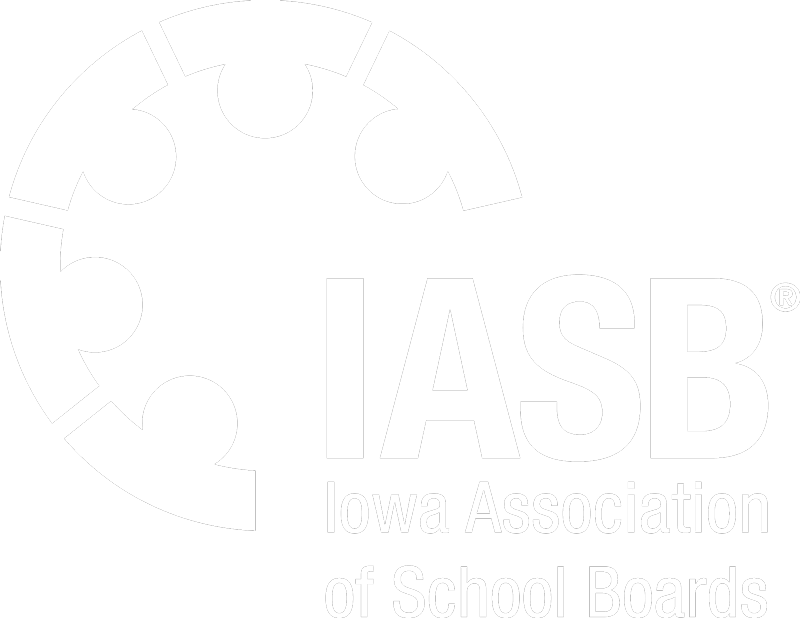2023 Legislative Summary
Everything you need to know that resulted from the second session of the 90th General Assembly—wins, budget implications, and bill summaries. For more information or questions, please email Emily Piper or Michelle Johnson.
2023 Legislative Wins
The legislature adjourned sine die on Thursday, May 4 concluding what can only be described as a challenging one for public education. Sometimes wins are found in our ability to impact the outcome of several bills by working with legislators to make language more workable for schools. We call it making bad bills less bad. Here’s just a few examples where legislators in both chambers worked with IASB to “fix” language on bills we knew would pass and become law:
HF 430: The bill, as it passed the House changed the makeup of the board of educational examiners to be primarily parents, not licensed practitioners. And it put district staff into an investigation role that is more appropriately the role of the BOEE. We worked with Sen. Rozenboom and Sen. Cournoyer to address those concerns and make the bill more workable.
HF 604: This bill passed the House with very prescriptive measures, essentially it was three strikes and you're out for students with violent behavior. We worked with Sen. Evans, the floor manager in the Senate, to address the growing concerns with violent student behavior in a manner that allows districts to adapt policies to their specific needs.
HF 718: The original Senate proposal (included in SF 569) required districts to provide information about their property tax rate by Feb. 27. IASB was the only organization that raised concerns about the timeframe and the difficulty in scheduling a public hearing when no other city or county is holding one. Sen. Dawson, the floor manager of the bill, heard our concerns and made adjustments that we requested. Additionally, not to be lost in the shuffle, we protected PERL for those districts who currently have that levy.
SF 391: As originally drafted, the bill would allow only 5 days or 30 hours of online or virtual instruction. We worked with the governor’s office and both chambers to clarify that this did not preclude courses offered online or virtual academies.
SF 496: The governor’s transparency bill started from a place that was going to be difficult and costly to implement. In working with Sen. Rozenboom and Sen. Sinclair, we were able to influence much of the bill language regarding transparency.
It is far easier to kill legislation than it is to pass legislation and to that end, IASB had some success. Here’s just a few examples of what didn’t become law because of our opposition and advocacy effort:
SF 483/HF 608 – Mandated seizure training
HF 255 – Created a pathway for becoming a teacher that could be done in three months of videos with no in-classroom experience
HF 654 / SF 543 – Weapons on school grounds
2023 Bill Summary
Here is the full list of bills on which IASB was engaged on behalf of its members that passed the legislature and were signed by Governor Reynolds. Each summary includes our registration status and why we chose to register that way. Read more about how we decide to register on each bill. If you want to know more about your legislator's voting record, you can use our Legislative Process guide to find out their vote on any bill or amendment.
Educator Quality
Fiscal Responsibility and Stewardship
Governance
Budget Bills
A summary of all appropriations for FY 2022. School finance uses its own language—use this breakdown of key budget terms and concepts to better understand appropriations legislation.
Appropriations & Funding Bills
Bills That Died
Here's a list of bills that died this session that IASB was registered on and had an interest in following.
Bills IASB Supported
Bills IASB Opposed
Bills Monitored by IASB
14.2.2024.7

